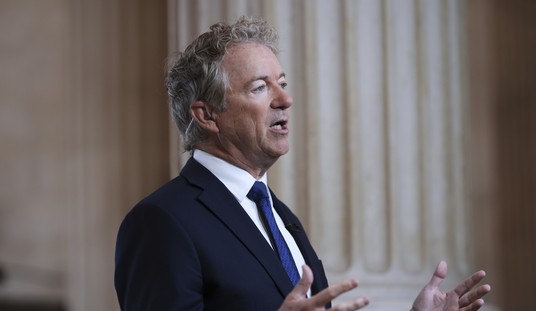The chief economic adviser for President Trump told reporters at the G7 summit in Taormina, Sicily, that the president “is leaning to understand the European position” on the Paris Climate Accord.
“Look, as you know from the U.S., there’s very strong views on both sides. Both sides are running ads,” Director of the National Economic Council Gary Cohn said. “So he knows that in the U.S. there’s very strong opinions on both sides but he also knows that Paris has important meaning to many of the European leaders. And he wants to clearly hear what the European leaders have to say.”
Trump vowed during the campaign to “cancel” the 2016 agreement between 145 countries that requires the United States to cut emissions from 2005 levels 26 to 28 percent by 2025. Leaders were expected to lobby him on maintaining U.S. participation during the summit.
In a bilateral meeting with Trump on Thursday in Brussels, French President Emmanuel Macron said fighting terrorism and respecting the Paris Climate Agreement were at the top of the agenda.
Aboard Air Force One from Brussels to Sicily on Thursday night, Cohn noted that at the G7 “climate will also come up – how climate affects trade, how climate affects manufacturing.”
“The president has told you that he’s going to ultimately make a decision on Paris and climate when he gets back. He’s interested to hear what the G7 leaders have to say about climate. It will be a fairly robust discussion on that,” Cohn said. “We know that because we had it today with the French president, we had it with the Belgians, we had it with all the bilaterals we’ve had. Paris has come up so we know that that will come up some more in the discussions.”
“I think he’s heard arguments that are persuasive on both sides. They’re both good arguments,” Cohn added while answering a question from reporters. “The one argument that’s probably the most persuasive, and don’t read too much into this, is that the last levels we put out in the Paris agreement were levels that would be constraining to our economic growth. So that’s something that the president knows and I think we all agree with.”
“Then you get into the whole discussion on Paris – is it non-binding? Is it not non-binding? Can you change your levels? How easy is it to change your levels? Japan did change their levels after Fukishima. They went up in their levels. So there’s a whole discussion about levels and can you change them or not. We know that the levels that were agreed to by the prior administration would be highly crippling to the U.S. economic growth.”
On Monday, Sen. Rand Paul (R-Ky.) introduced a resolution co-sponsored by Sens. Jim Inhofe (R-Okla.), Roger Wicker (R-Miss.), Jim Risch (R-Idaho), Mike Enzi (R-Wyo.), and Orrin Hatch (R-Utah) calling on the Trump administration to withdraw from the agreement. Rep. David McKinley (R-W.Va.) introduced companion legislation in the House.
“We are being asked to place more regulatory burdens on American businesses and our economy,” said Paul. “Despite the high cost, the agreement will do little to solve environmental challenges. I support a path forward that protects both our jobs and our environment instead of sacrificing one for the other.”
On Wednesday, Senate Democrats released a letter to Trump signed by 40 senators warning that withdrawing from the agreement “would be a self-inflicted injury to America’s credibility and influence on the world stage.”
“Our allies were insulted by the Bush Administration’s decision to withdraw from the Kyoto Protocol, and we suffered real foreign policy and diplomatic setbacks as a result,” the letter said. “If the United States is not at the table as a participant in this process, our interests will not be represented. We will be left out and left behind, sitting on the sidelines with Syria and Nicaragua, the only other countries in the world not participating in the Paris agreement. Our economy and our small businesses will miss out on vital investment and job opportunities, while the rest of the world moves forward with trillions of dollars of investment in resilient infrastructure, low-carbon energy, sustainable agriculture, and new technologies.”









Join the conversation as a VIP Member